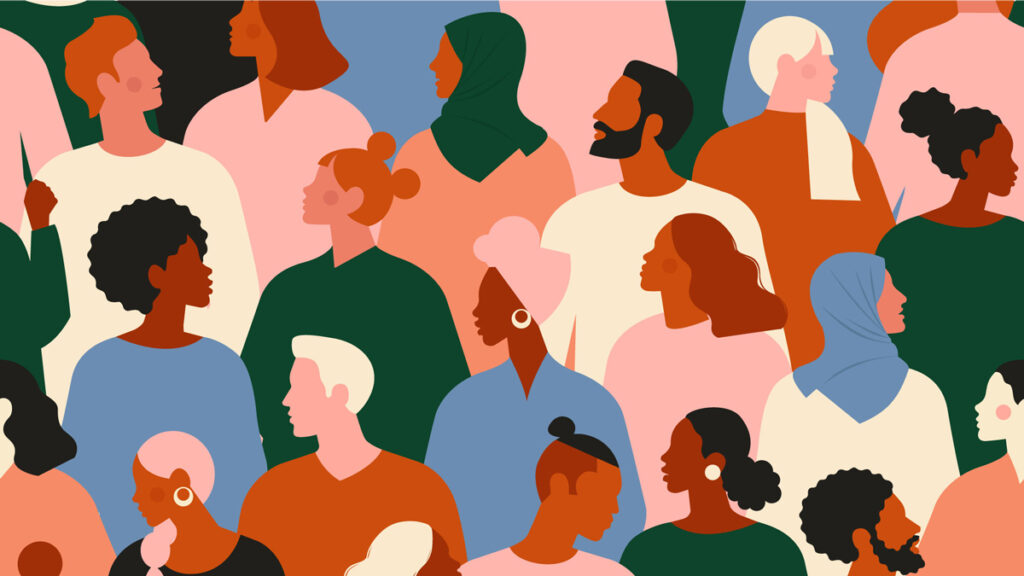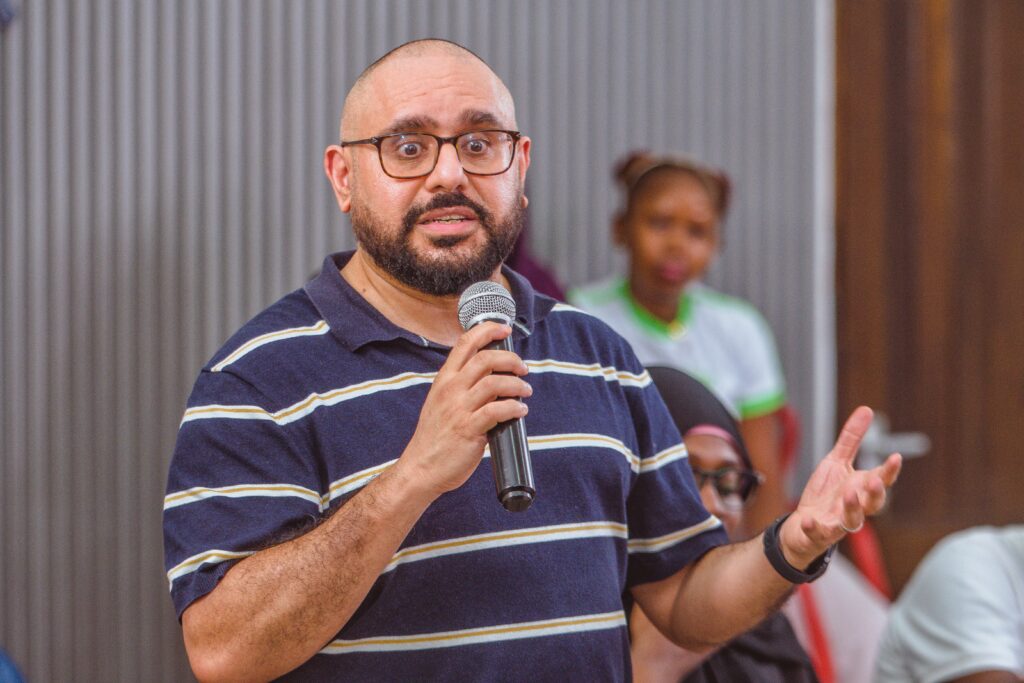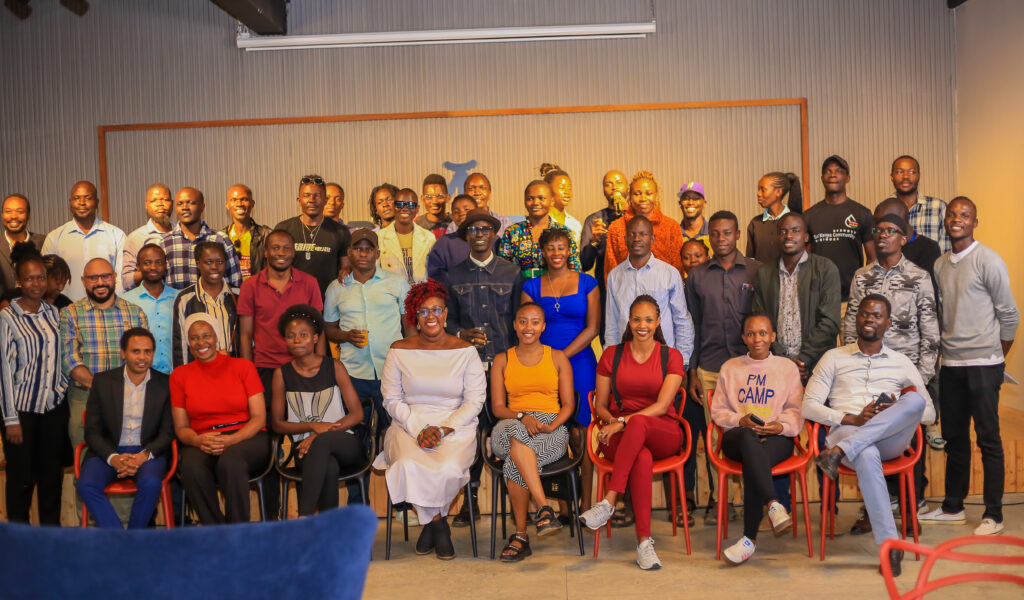MOMBASA, Kenya – The coastal region of Kenya is undergoing a transformation, with its youth at the forefront of shaping the future they desire. This was evident at the recent Ndoto Za Pwani Townhall held in Mombasa, where vibrant discussions centered on civic engagement, political participation, and economic revitalization. The townhall provided a platform for young people to voice their concerns, challenge systemic barriers, and demand accountability from their leaders.
The Identity Question: Reviewing ID Vetting Processes
One of the dominant topics of discussion was the vetting process for national ID applications. Several youth participants questioned why the vetting process is still in place in coastal Kenya while being removed from the Northern frontier counties.
A Muslim cleric shared his personal experience of obtaining an ID card, highlighting the bureaucratic hurdles faced by many in the region. Bamburi Ward MCA, Patrick Mbelle, also weighed in, calling for reforms that ensure all Kenyans can access identification documents without unnecessary restrictions.
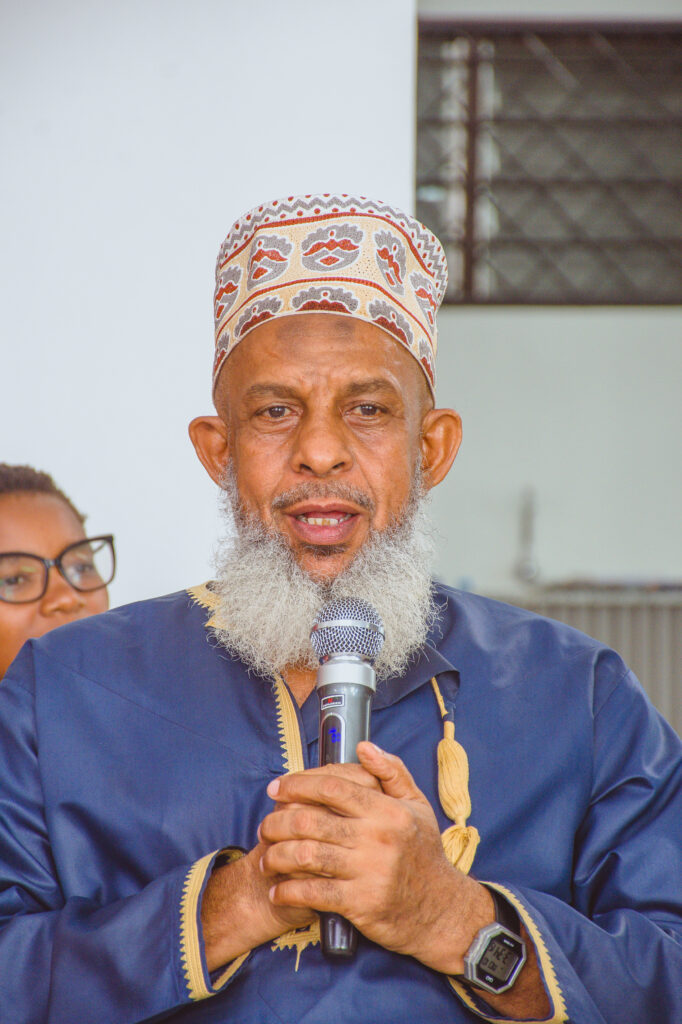
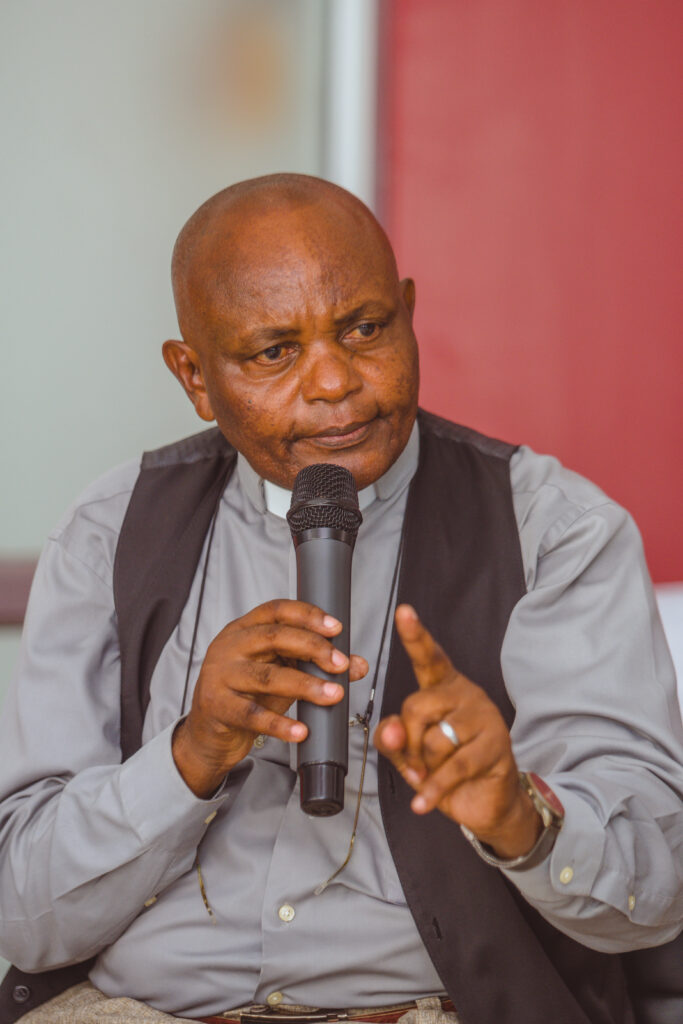
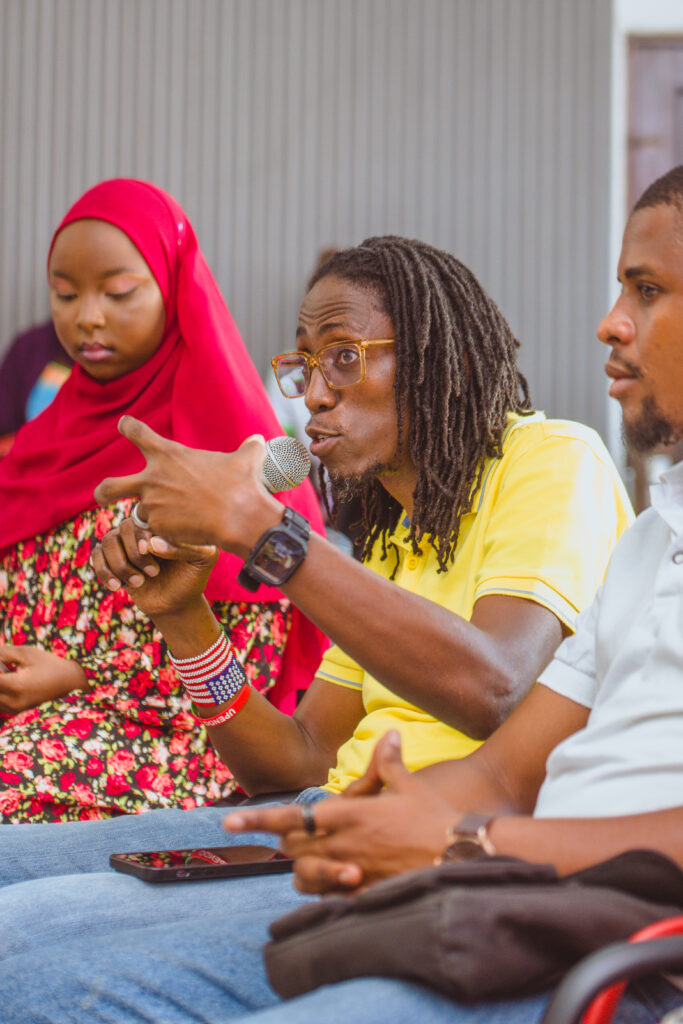
A member of the clergy emphasized the need to uphold the rule of law rather than rely on roadside declarations when addressing ID application vetting.
The townhall also examined the constitutional perspective of Kenyan citizenship, referencing the landmark case of the Makonde community’s transition from statelessness to full citizenship. Participants agreed that citizenship rights should be safeguarded and that arbitrary processes should not hinder Kenyans from accessing essential identification documents.
Civic Engagement and Youth Participation in Leadership
Beyond ID application issues, the youth of coastal Kenya expressed their frustrations with leadership in the region. Many attendees criticized elected officials for lacking integrity and failing to represent the interests of their constituents.
“We were taught not to question authority. It is, however, now time to speak up,” said Jamila, encouraging the youth to challenge negative stereotypes and demand their rightful place in governance.
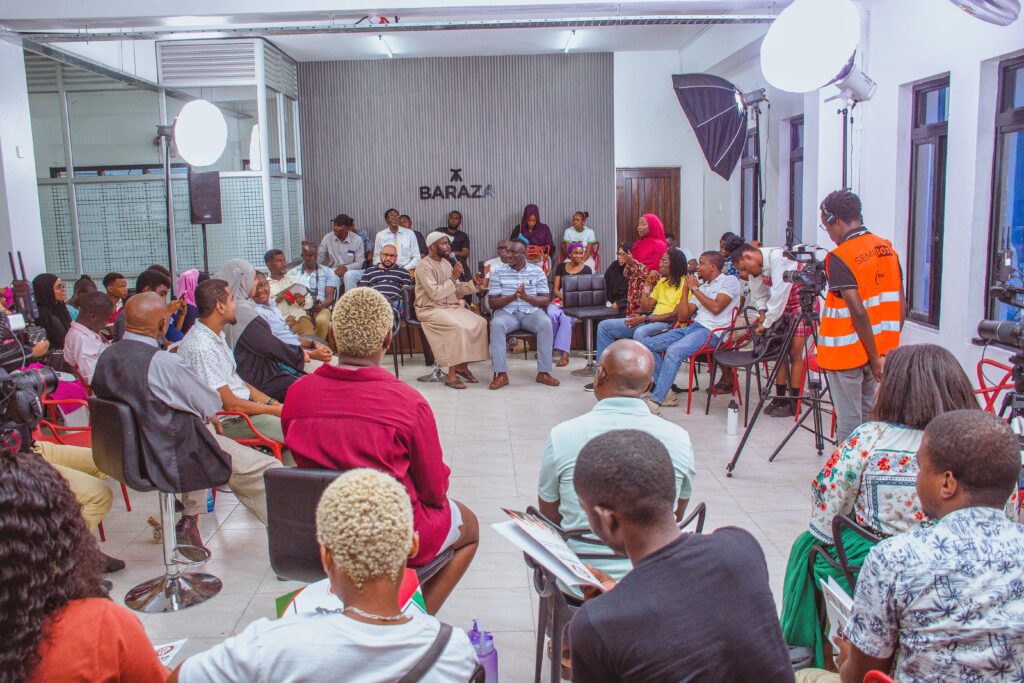
Hassan Masudi of the Likoni Social Justice Center echoed these sentiments, arguing that the “lazy youth” stereotype is unfair. He emphasized that young people in the region are hardworking but are often denied opportunities due to systemic failures in leadership.
The arrest of 43 youth in Isiolo for expressing their opinions further fueled discussions on civic rights and the need for greater protections against arbitrary arrests. Participants agreed that holding leaders accountable is essential in ensuring youth voices are heard and respected in decision-making spaces.
Unlocking the Potential of Coastal Resources
Economic empowerment was another critical theme of the townhall. Salma Hemed, a human rights champion, provided an in-depth analysis of Mombasa’s economy, urging residents to tap into the region’s natural resources. She emphasized the importance of leveraging the blue economy and other local assets to create sustainable livelihoods.
“The Coast has immense potential,” she noted. “We must take ownership of our resources and strategize on how to utilize them to our benefit.”
Mathias Shipeta, a human rights advocate reinforced this perspective, noting that the coastal region is evolving into a cosmopolitan hub with diverse economic opportunities. “We are shaping the future we aspire to and transforming the social and economic destiny of our community,” he stated.
Call to Action
As the discussions concluded, Civic Voice Initiative Project Coordinator, Abdul Noormohamed, had the final word, emphasizing the need for continued engagement. “Our future depends on our ability to actively participate in civic and political spaces. Let’s take charge and push for the reforms we need.”
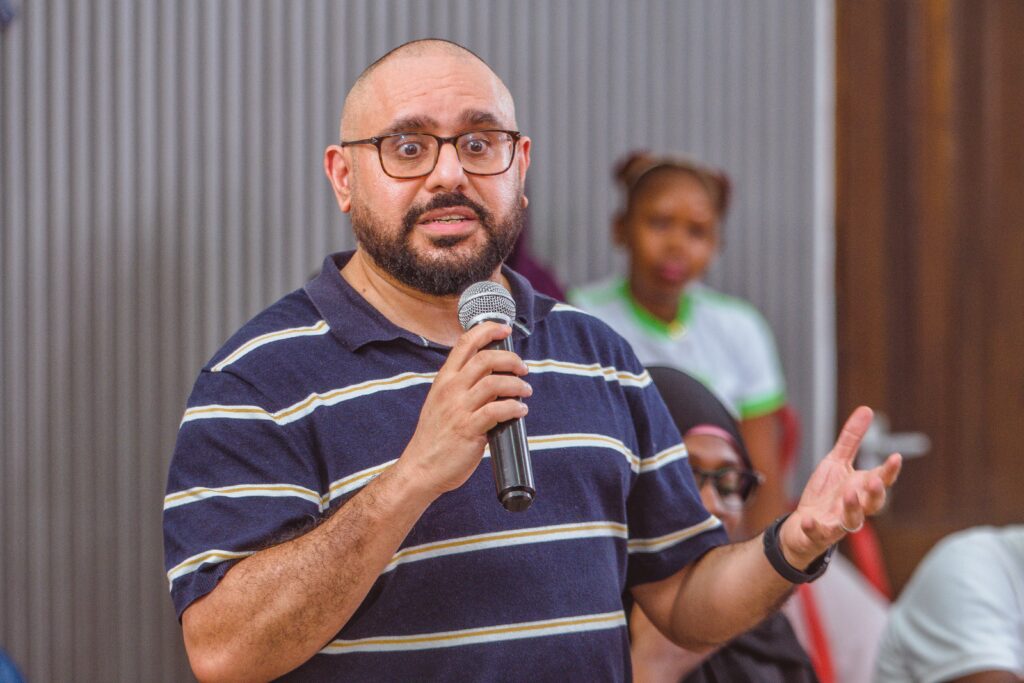
The Ndoto Za Pwani Townhall demonstrated that the youth of coastal Kenya are not just passive observers but active agents of change.
They are ready to take up leadership roles, challenge oppressive systems, and drive legislative reforms that will improve their lives and communities. As they continue their fight for inclusion and empowerment, one thing is clear—their voices will not be silenced.

